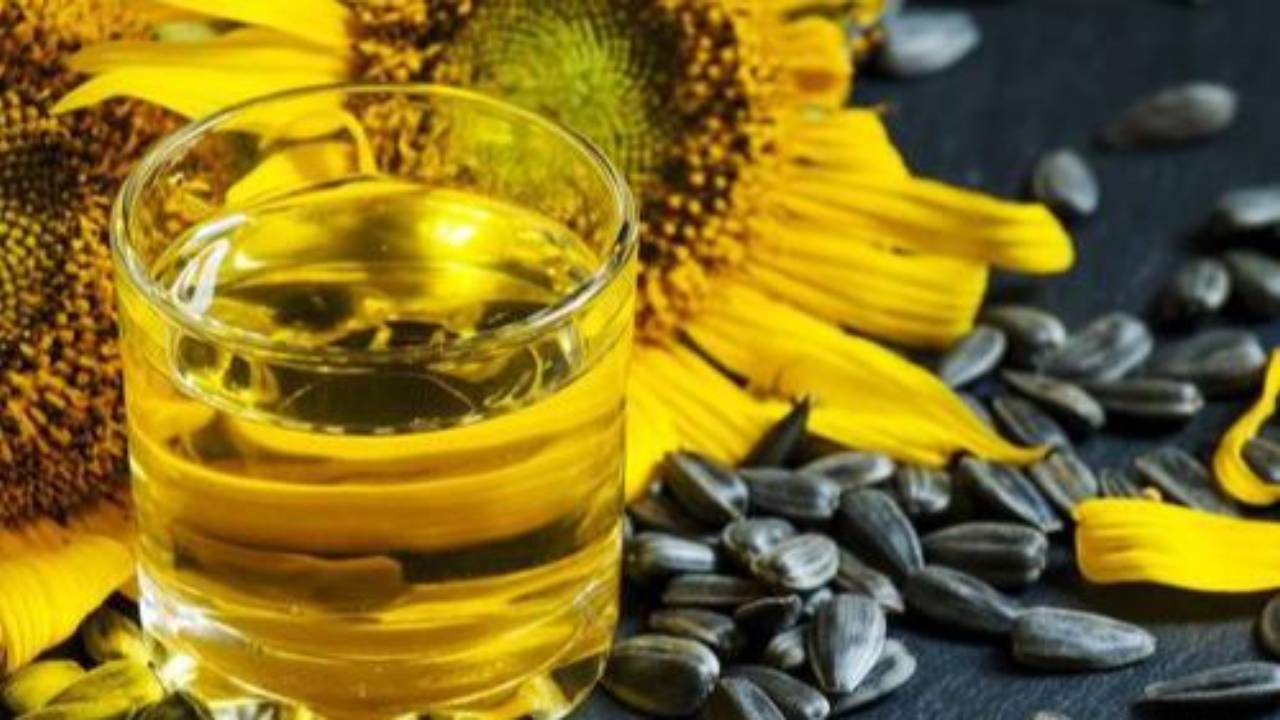How to PRESERVE your harvest on the homestead!
Sep 01, 2021
To declare war on ninety-nine percent of bacteria when less than a percent of them threaten our health makes no sense. Many of the bacteria we're killing are our protectors. — Sandor Katz
It's hot outside and If you're like me you don't really want to be out there gardening. First I want to give you permission to let it all go!
Spend more time in the morning enjoying your garden. Letting nature have the last of the heat knowing fall is on its way.
Usually, after dinner, we'll go outside and harvest some and weed some. Side note, if you have mulch, this is a great time to be laying down mulch.
In the heat of the day, I like to work on preserving our harvest.
I'll turn on a podcast (something like ours) or an audiobook and get to canning, fermenting, freezing, dehydrating, and salting.
Here's our podcast all about Preserving the Harvest (Apple, Google, Other platforms)
It's really hard to pick a favorite preservation style, it's like picking your favorite child (which some days isn't that hard...am I right?)
I'm going to say my favorite is fermenting.
It's this magical way of turning almost rotten food into something super nutritious and the flavors just explode.
The amounts of beneficial vitamins and bacteria in lets say sauerkraut is crazy.
Calories: 27
Fat: 0 grams
Carbs: 6 grams
Fiber: 4 grams
Protein: 1 gram
Sodium: 41% of the Daily Value (DV)
Vitamin C: 23% of the DV
Vitamin K1: 15% of the DV
Iron: 12% of the DV
Manganese: 9% of the DV
Vitamin B6: 11% of the DV
Folate: 9% of the DV
Copper: 15% of the DV
Potassium: 5% of the DV
New studies are coming out now showing that it can actually help you fight off covid too!
Ok so you're sold on the idea, right?
So the next step is to pick something to ferment. My favorite is hot peppers.
But here's what you need to know before you get started:
- There are good bacterias and ones that are not good for you. (we can easily manage our ferments for just the good ones)
- You really just need salt, water, a fruit or veggie, time, and yeast
- Almost all the fruit and veg out of the garden will have natural yeast on it. Have you ever noticed that grapes from the backyard have a haze to them? That's natural yeast.
- You can use that natural yeast or boil your juice and introduce a yeast
- You'll need a jar or some sort of vessel to hold your ferment
- You'll need a weight to hold your ferment underwater ( this can be a special ferment weight or just a ziplock bag filled with water)
- This one is super important. Almost all the molds that form on your ferment can just be scooped out with a spoon and everything is still very safe to eat. (if you have a doubt ask me, but I bet it's just fine)
Once you have all that taken care of, get to fermenting.
Pick your favorite ferment or look for something new.
Generally, if you like the food as is, you'll love it fermented. The fermentation enhances the flavors and makes them even tastier.
I highly recommend Sandor Katz as the go-to for fermenting. His book The Art of Fermentation is like the bible of fermenting. It's not really a recipe book but more of a guide to doing it.
The most basic of ferments go this way:
- chop up a veggie or fruit and stuff it in a jar
- add salt or a little sugar
- cover it with water
- put a weight onto it to hold the material below the water
- cover with something to keep the bugs out (make sure its not airtight we need room for the gasses to get out
- wait until the bubble slow down (usually 3 days to a week)
- taste a little and then refrigerate
Step 1 can be super complicated like lots of different things like peppers, garlic, onion, carrots or it can stay simple. The choice is yours and following a recipe the first few times is for sure a way to take some of the fear away.
Really I just want to inspire you to start fermenting. Other things to try that we love to make and that will keep you super healthy.
Kombucha - fermented tea
Keir - fermented yogurt/milk
Yogurt - super easy to make in the instant pot
Let me know where you are going to start with fermenting or other kinds of preserving.
Make sure to take a listen to our podcast ( Apple, Google , Others) and share it with others that might want to start preserving their food.




